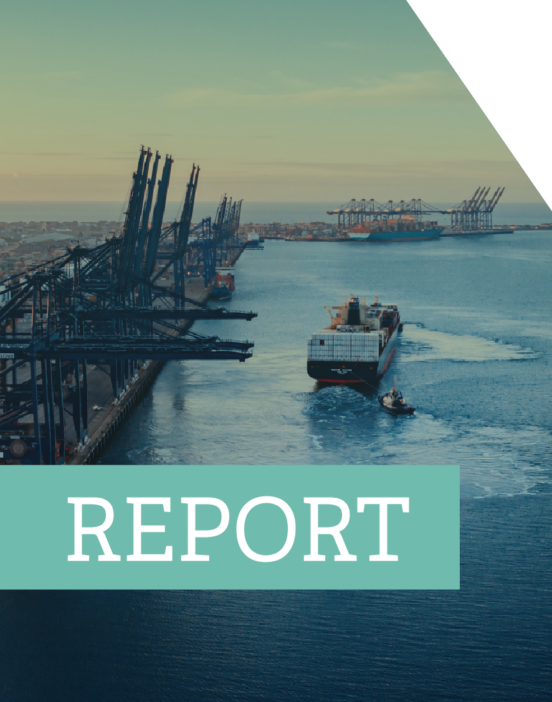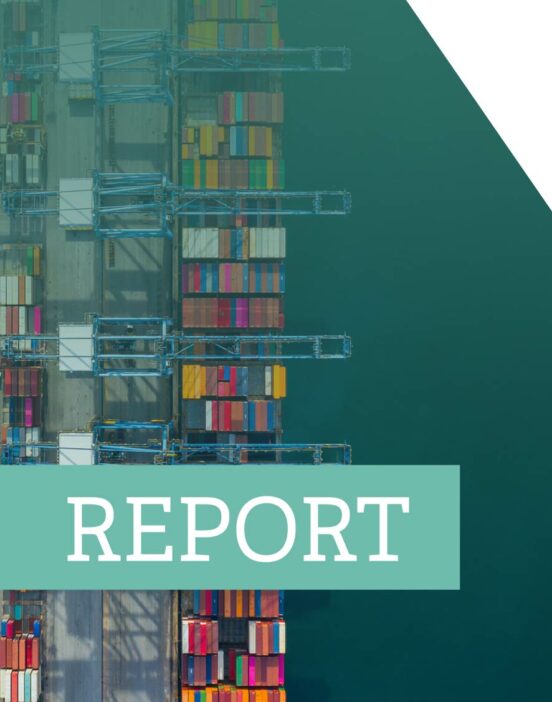
Brexit
Brexit and The Economy 2030 Inquiry
The UK economy has entered a new phase of economic governance with its departure from the European Union. Brexit constitutes the first time a major modern economy has left a deep economic partnership, and is the largest change to the UK’s economic structures since its entry into the Common Market nearly half a century ago. Where the UK fits within a world economic order being reshaped by the dynamics of the connected, but increasingly competitive, great powers of China, the EU and the US is unclear.
The ensuing adjustment is expected to operate through the partial reversal of deep integration with the EU, along with a greater degree of independence in managing our relationships with the rest of the world, and in setting our domestic regulations. Losing some of the close integration will mean higher trade costs with the EU, and these will affect firms’ ability to produce efficiently for domestic consumption or exports. Winners and losers are likely to emerge: winners will include producers of goods that face less competition from overseas, or industries – such as customs agents – that the higher trade costs partly represent spending on.
Trade in goods with the EU were down 14 per cent in the first quarter of 2021, compared with the same quarter in 2020
Brexit is of course about far more than trade. It will also mean a profound shift in the UK’s migration regime. In fact, work-related migration from the EU halved in the five years running up to Brexit – a trend that has been accelerated by the pandemic. But the impact of this shift in migration on sectors that rely heavily on migrant labour, such as food manufacturing, warehousing and scientific research, are yet to be fully felt.
The UK’s changing place in the world will require a major reallocation of labour and capital, away from the sectors that are no longer competitive in EU trade, and towards the domestic market and non-EU trade. It is critical for UK prosperity that the new jobs and firms that emerge are productive, thereby enabling the UK to remain internationally competitive and supporting the living standards of UK residents.
The Economy 2030 Inquiry explores the impact of these post-Brexit changes on people, places and firms, and investigates how the Government can best use both its existing policy tools and its new powers over competition policy, trade policy and many areas of product and labour market regulation to drive inclusive, economic growth.


